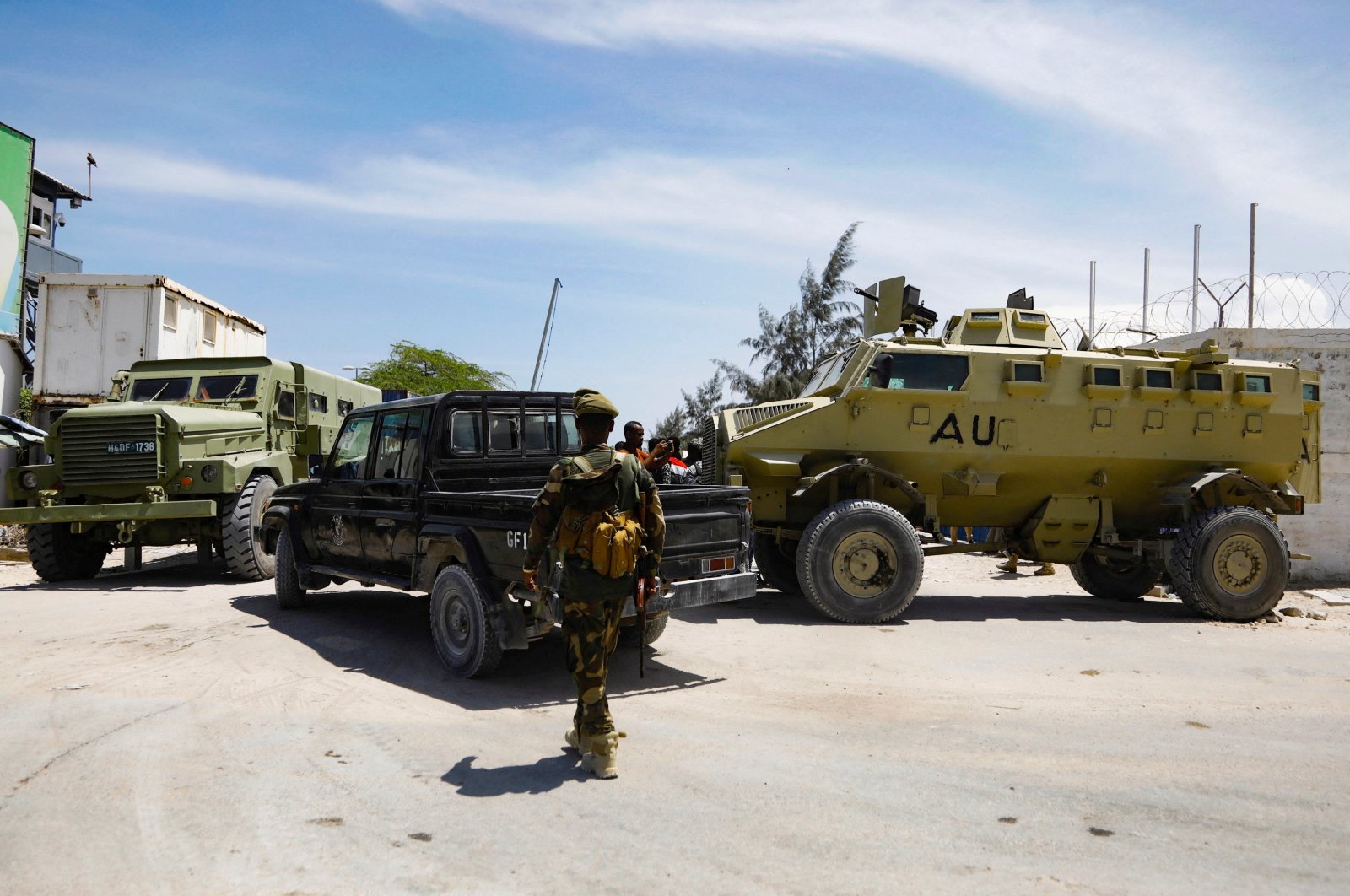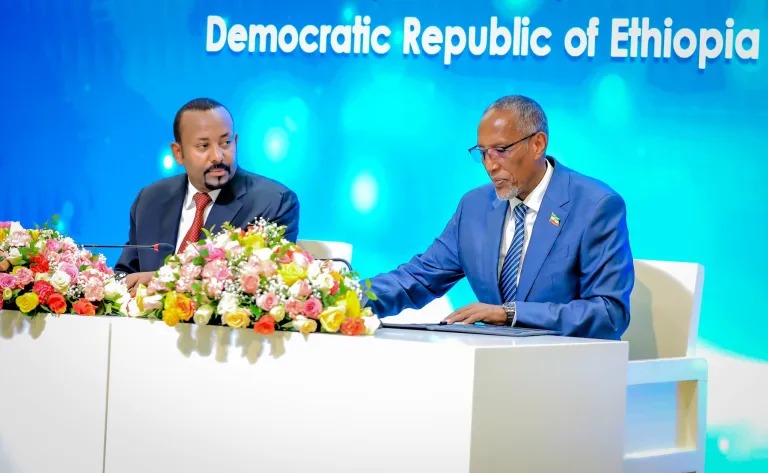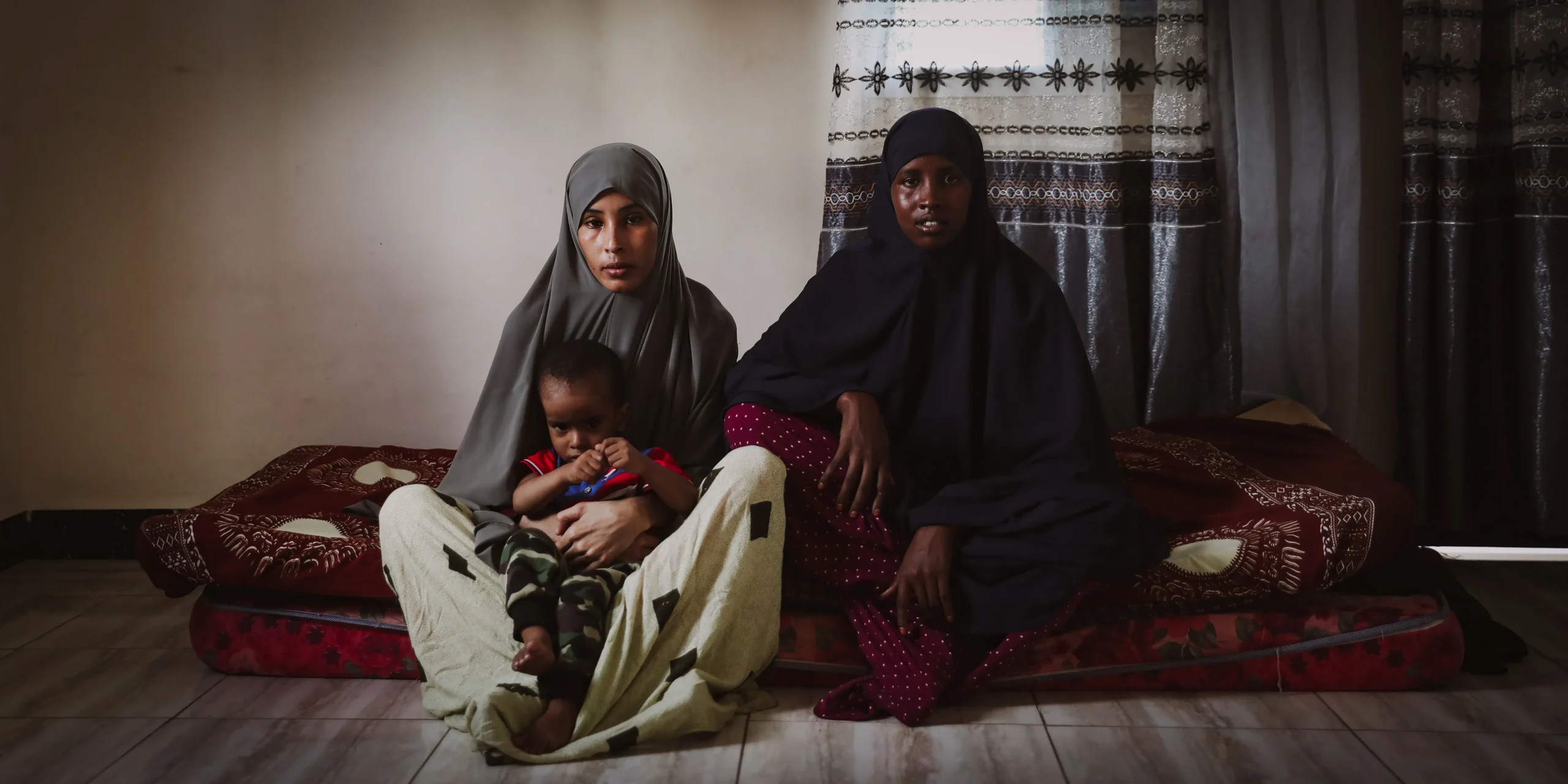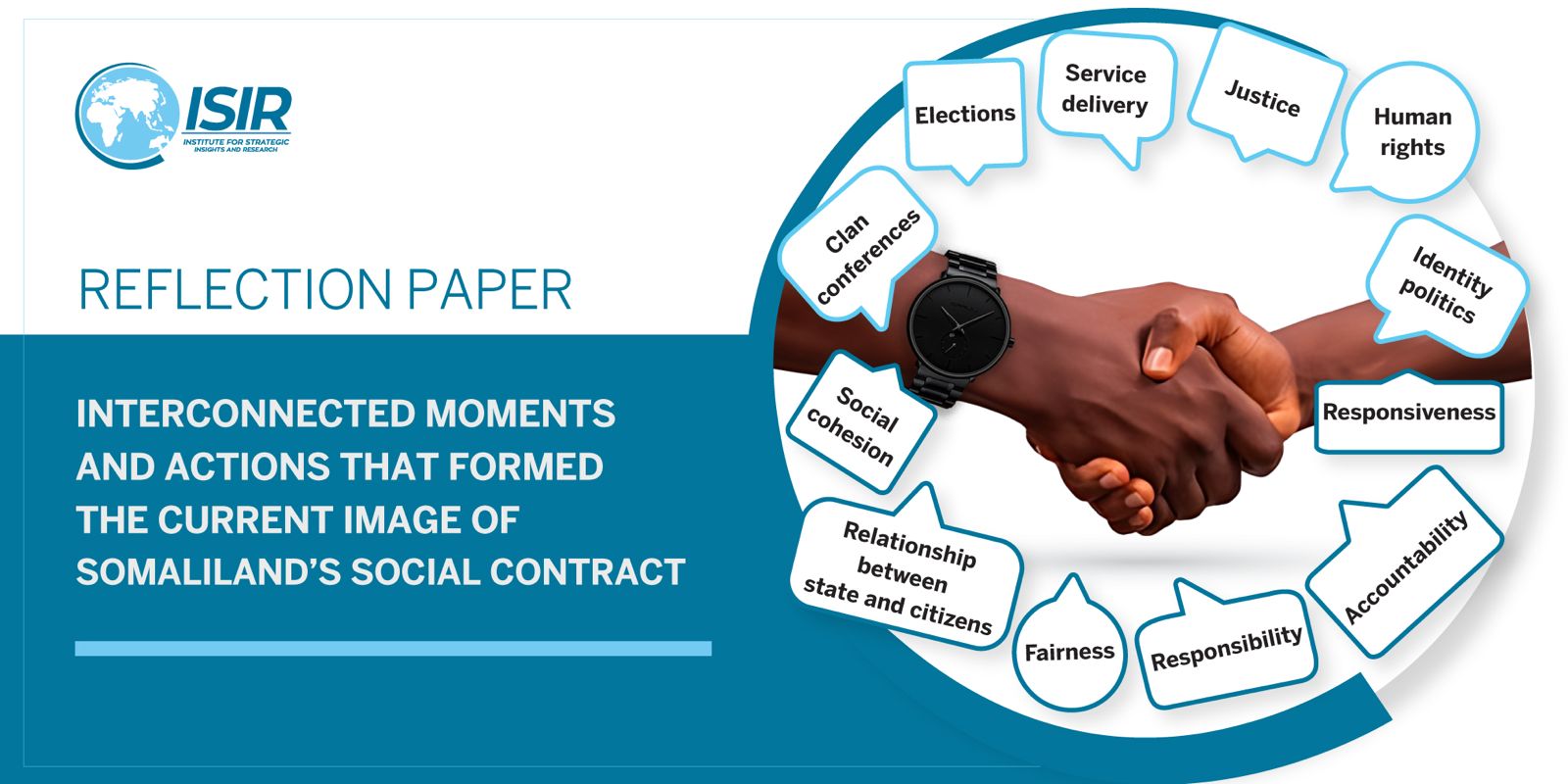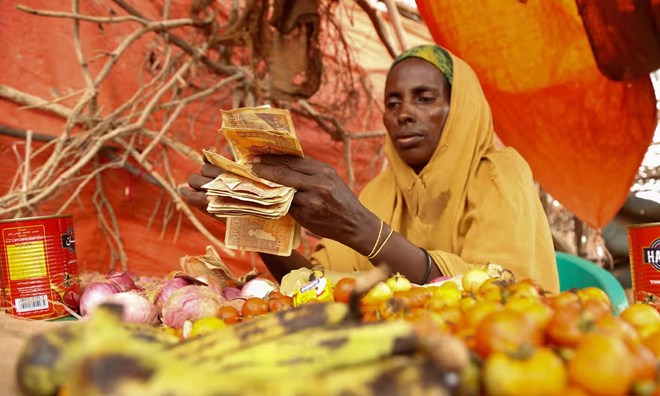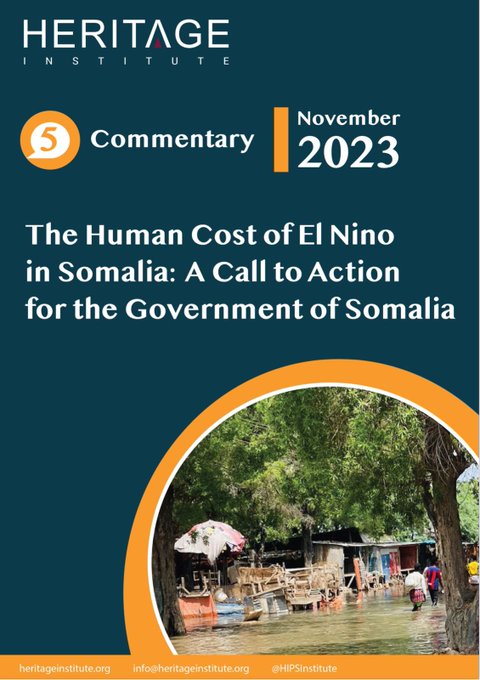MOGADISHU (SD) – Somali government will invest $40 million in education to to provide top-tier education to at least 100,000 students – specifically girls – from the most vulnerable and disadvantaged communities.
The horn of Africa nation inked a deal with the World Bank that would provide Somalia with $445 million in grants for development projects and economic reforms.
Finance minister Abdirahman Duale Beileh said the World Bank run project known as International Development Association (IDA), will focuse on rapidly expanding access to education while strengthening public institutions that can contribute to the state building efforts of the country through basic service delivery to its citizens and addressing the drivers of fragility.
The World Bank’s IDA was established in 1960, helps the world’s poorest countries by providing grants and low to zero-interest loans for projects and programs that boost economic growth, reduce poverty, and improve poor people’s lives.
In separate statement, The World Bank said the project will directly address constraints to girls’ enrolment by reducing distance to school, providing safe and conducive learning environments, recruiting female teachers and building a mindset of inclusion in the school and community.
“Investing in Somalia’s children is the most important investment that can be made to help the country return to prosperity,” said World Bank Country Manager, Kristina Svensson. “Ensuring that girls are empowered through education is at the center of building a more just, economically strong, politically stable, and peaceful country.”
Somalia’s education system was destroyed over years of conflict resulting in only 20%of its children accessing primary education.
The Bank said will support the government in developing and operationalizing fundamental elements of a functional education system, including a national student learning assessment.
“Education is a powerful means of socialization and identity development through the transmission of knowledge, skills, values and attitudes across generations which can contribute to breaking the cycle of violence and fragility,” said World Bank Senior Education Specialist, Huma Waheed.
With 75%of the population under the age of 30, low educational attainment constrains future economic growth and poverty reduction and puts youth at risk. Girls have been especially disadvantaged with more than 72%of women in rural areas of Somalia having never attended school.
Categories: Latest News








